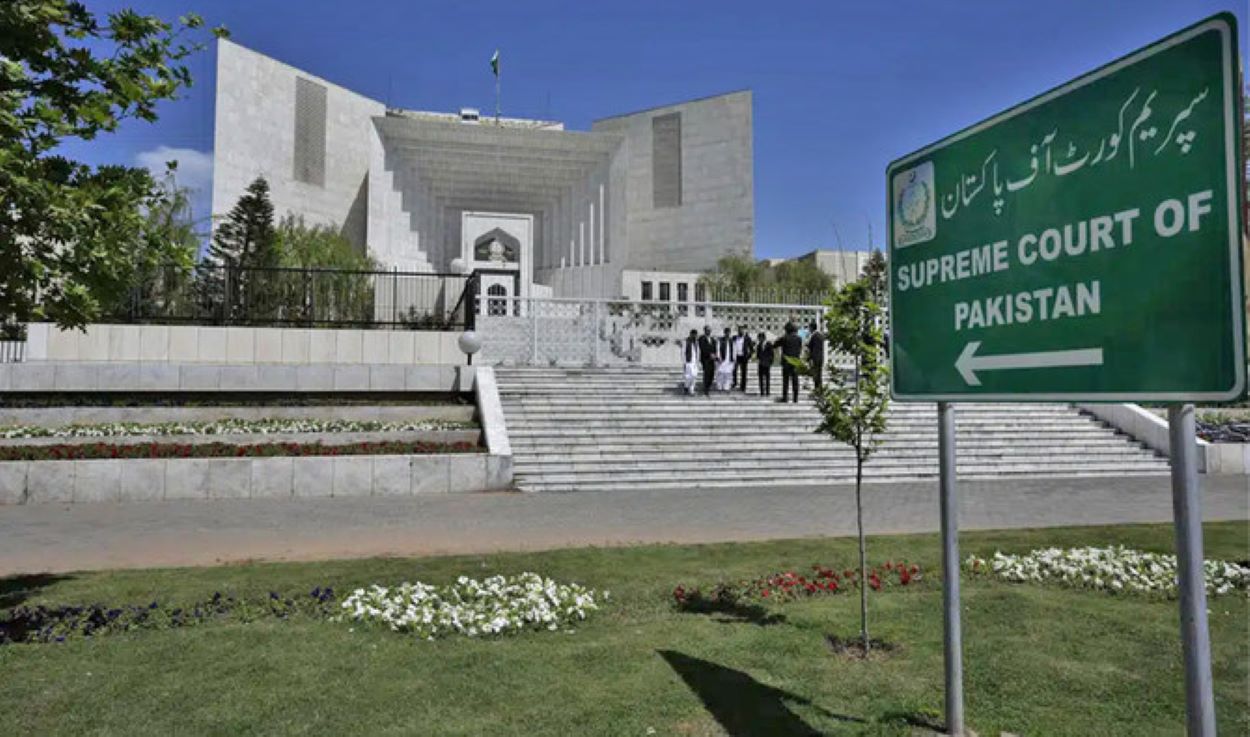In a historic decision, Pakistan’s Supreme Court has strengthened women’s rights in family law. The ruling confirms a woman’s autonomous right to seek Khula and recognises psychological abuse as a valid reason for divorce.
The judgment, written by Justice Ayesha A. Malik, states that emotional and mental cruelty are as serious as physical violence in a marriage.
The court’s decision establishes several critical principles for future cases:
- Autonomous Right: Khula is a woman’s independent right and does not require her husband’s consent.
- Psychological Abuse: Humiliation, neglect, and emotional abuse are valid grounds for divorce.
- No to Patriarchy: Courts must use gender-sensitive language and avoid patriarchal assumptions.
- Second Marriage: A husband taking a second wife without consent is a valid ground for divorce.
- Dower Rights: A wife has a right to the return of her dower, including gold and other items.
The Case of Dr. Seema Hanif Khan
The ruling came from a petition filed by Dr. Seema Hanif Khan. She sought to dissolve her marriage due to cruelty, non-payment of maintenance, and her husband’s second marriage without her consent.
Lower courts had denied her request. They stated that the husband’s consent was needed and that she had not proven “disobedience.” The Supreme Court overturned these decisions.
Read: Supreme Court Debates CJP’s Power to Form Full Court
The court made it clear that cruelty is not limited to physical abuse. “Psychological abuse, which diminishes a woman’s self-worth… was deemed equally destructive to the marital bond,” the judgment stated.
The court also condemned the lower courts’ use of patriarchal language. It ruled that a woman seeking education or a career is not “disobedient” but is exercising her fundamental rights.
This verdict reaffirms the constitutional guarantees of dignity and equality for women in Pakistan. It sets a powerful precedent for protecting women’s autonomy within marriage.






